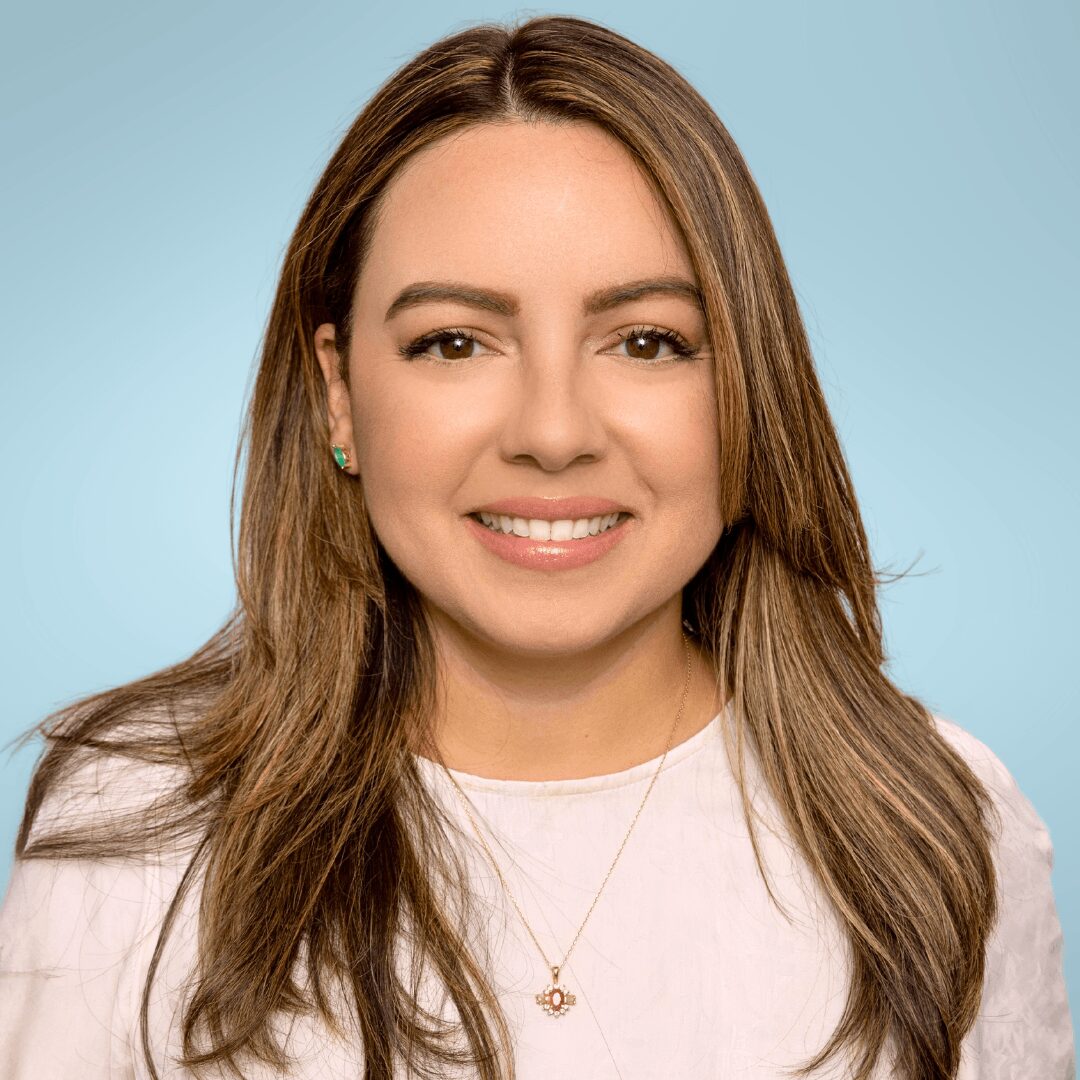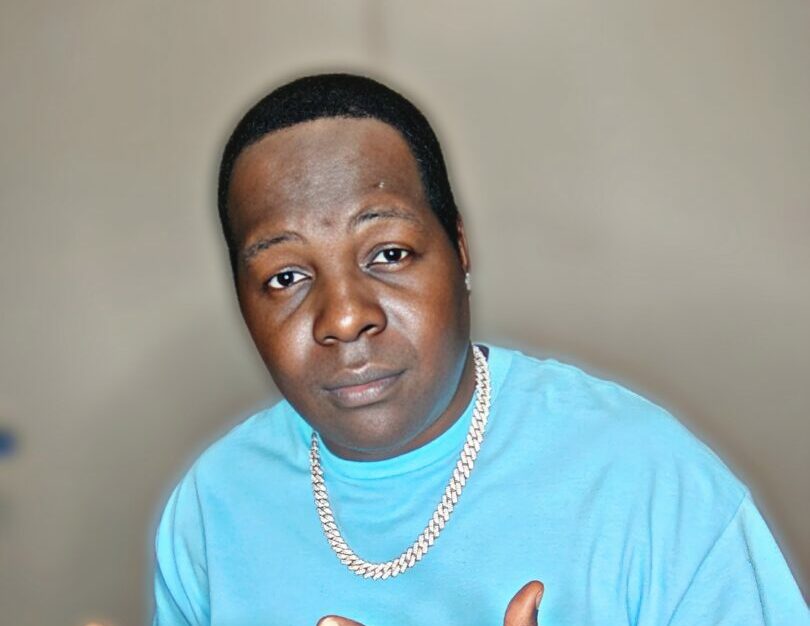Alright – so today we’ve got the honor of introducing you to Nina Rodriguez. We think you’ll enjoy our conversation, we’ve shared it below.
Hi Nina, really happy you were able to join us today and we’re looking forward to sharing your story and insights with our readers. Let’s start with the heart of it all – purpose. How did you find your purpose?
I found my purpose in the aftermath of the most painful day of my life—the day my only sibling, Yosef, died unexpectedly. It was a loss that changed everything I thought I knew about life, purpose, and identity. On September 10, 2019, we celebrated Yosef’s 32nd birthday. The very next day, we received the devastating call that he had passed. He didn’t even get to experience a full 24 hours as a 32-year-old, and in that blink of time, our lives transformed from joyful celebration to the painful reality of choosing his casket.
The shock and heartbreak redefined everything. As his family, and as individuals, we were forced to reconsider who we were and how we moved through the world. Grief has this unique way of altering your sense of self. When death touches your life so intimately, it doesn’t just create sadness—it compels you to confront your own mortality and shift your priorities in ways you never imagined.
Before Yosef’s death, I had a thriving real estate business in one of the most competitive markets in the country. I was clear about my goals, and on track to meeting them. But then came the call that stopped me in my tracks. Just months later, the world itself paused with the global pandemic in 2020. Life as I knew it ground to a halt. And in that stillness, I was given an unexpected opportunity to reassess everything.
That’s when I realized that my purpose had shifted. My ambitions no longer aligned with the person I was becoming. I didn’t just lose my brother—I lost a part of myself, and in the process, I found something deeper: a call to support others who were walking the same painful road of grief.
In the years that followed, I channeled my own grief into creating the ‘Grief and Light’ podcast and building a grief education and support business. These platforms allow me to hold space for others, offering them a compassionate place to process their own pain. My experience, as heart-wrenching as it was, has become a foundation for helping others navigate loss, and give a voice to the universal experience of grief in a world that shuns our reality.
It’s my way of honoring Yosef, while also redefining what purpose means—finding light even in the darkest places.
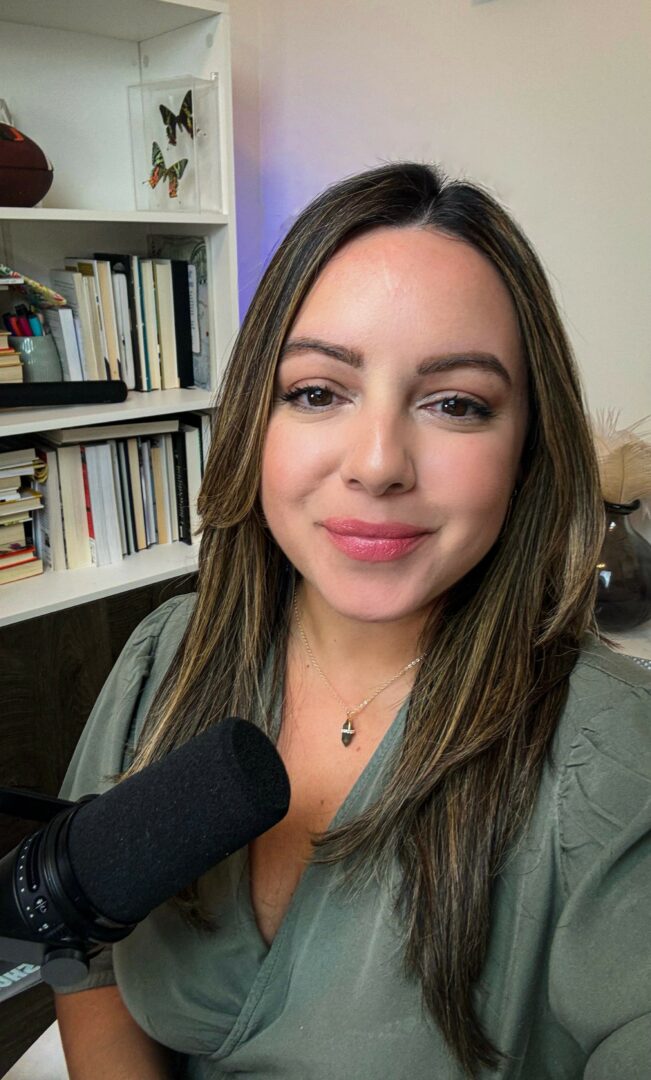
Thanks for sharing that. So, before we get any further into our conversation, can you tell our readers a bit about yourself and what you’re working on?
I now guide individuals through the transformative journey of loss and grief. My work is rooted in my own personal story—after losing my only sibling, Yosef, I felt a deep call to create something that could support others in their darkest moments. That’s how “Grief and Light” was born—a podcast that blends personal stories, spirituality, science, and healing practices, offering an authentic exploration of life after loss.
What excites me most about my work is the profound connection I get to make with others. Grief is universal, yet deeply personal, and I believe there is immense power in holding space for people as they navigate their own unique experiences. It’s about meeting people where they are—whether in moments of deep sorrow or in those small, sacred steps forward.
I also host monthly virtual grief tending circles, which create safe and non-judgmental spaces for people to share, process, and find community. For example, during September’s Grief Circle we’ll explore the intersection of guilt, joy, and grief. These curated circles offer a sense of belonging to those who often feel isolated in their lived experience of loss, bringing them closer to themselves, awakening their inner nature, and trusting their journey with life and loss.
In addition to these group offerings, I offer a one-on-one grief support program, designed to guide individuals through their grief journey, helping each person realign with their new sense of self, while honoring their loss. I draw on psychology-based techniques, as well as energetic practices, to support clients in ways that feel holistic and personal.
Grievers are also encouraged to join ‘Grief and Light: The Community’, a free, online private space to connect with others on this journey, share their grief journey, access resources, education, and upcoming courses.
Ultimately, my work is about honoring both the pain and post-traumatic growth that grief can bring. It’s about walking alongside people as they find their way back to themselves, even after everything they thought they knew has shifted. I believe in the power of this work to transform not just individuals, but the way we, as a society, hold grief.
Through the “Grief and Light” podcast, my one-on-one practice, the circles I lead, ‘The Community’, and upcoming in-person retreats, I hope to continue offering tools, community, and hope for those who are navigating the toughest times of their lives.
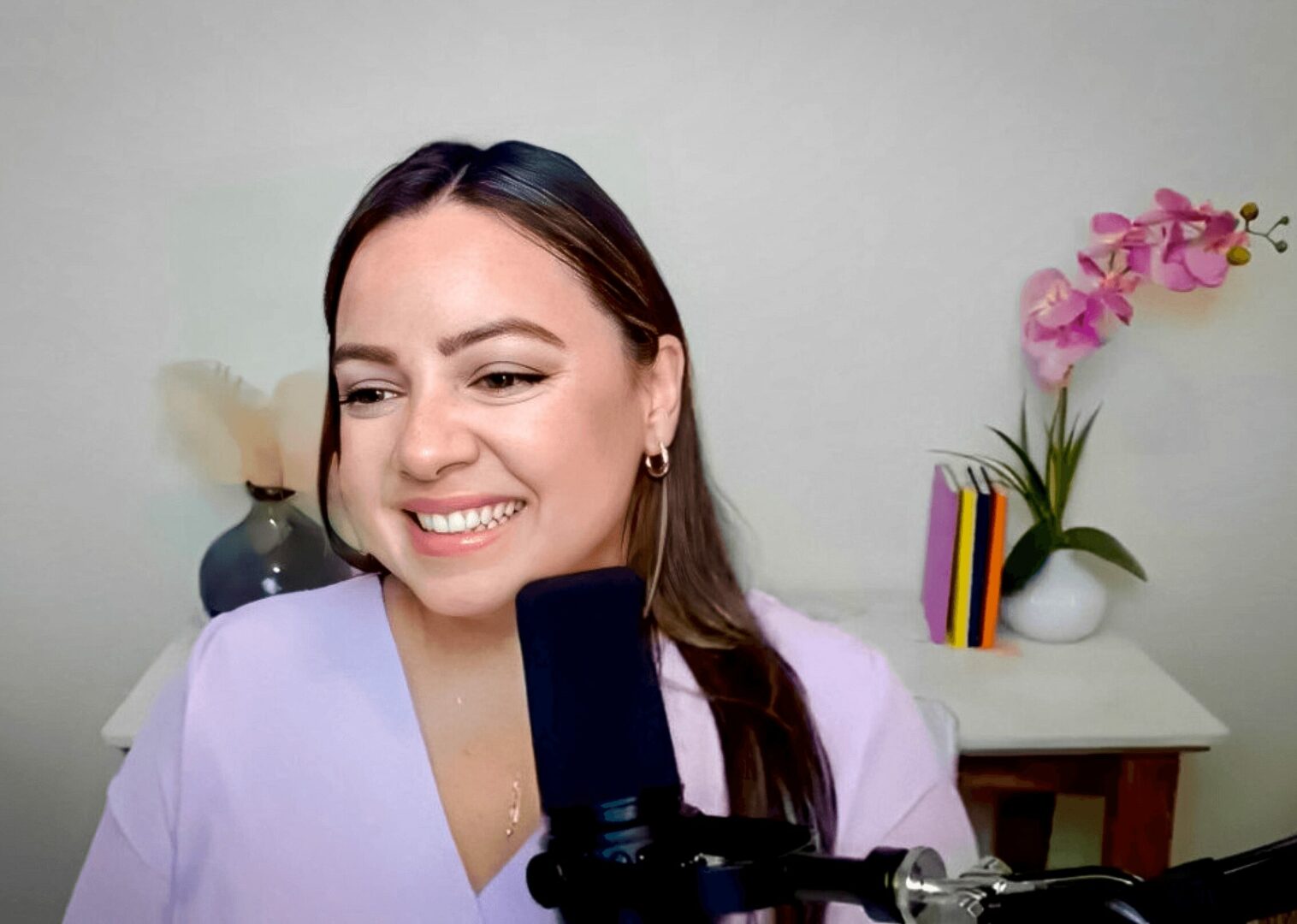
There is so much advice out there about all the different skills and qualities folks need to develop in order to succeed in today’s highly competitive environment and often it can feel overwhelming. So, if we had to break it down to just the three that matter most, which three skills or qualities would you focus on?
Looking back, the three qualities that had the most impact on my journey were resilience, curiosity, and empathy.
1. Resilience was essential in the face of such profound loss. Sorrow and grief, especially in the acute phases and early days, can be all-consuming. There were many moments where it felt overwhelming, but resilience allowed me to keep moving forward, even if only in small steps. I learned that resilience is about bouncing forward and about adapting, finding strength in vulnerability, and learning how to live with the weight of life-altering loss.
2. Curiosity became a guiding light in my process. Rather than viewing grief as something to simply get through, I leaned into it, asking questions about what it had to teach me and how it could shape my life moving forward. This quality opened me up to spiritual practices, healing techniques, and new ways of thinking that I wouldn’t have discovered otherwise. Curiosity allows us to approach grief—and life—from a place of openness, rather than resistance.
3. Empathy has been the cornerstone of my work. In my coaching practice and through the “Grief and Light” podcast, empathy allows me to connect deeply with others’ pain. It’s the ability to listen without judgment, to hold space for others’ experiences without needing to “fix” them. Grief isn’t something that can be solved, but it can be witnessed. Empathy lets people feel seen, understood, and less alone.
For those early in their journey, I would advise the following:
+ Develop resilience by embracing vulnerability.
Allow yourself to feel the pain, and don’t rush the process. The strength isn’t in avoiding the hard parts, but in expanding our capacity to carry them with grace.
+ Nurture curiosity by remaining open to new perspectives.
Whether through books, therapy, spiritual practices, or conversations, stay curious about your own emotions and the paths that may help you navigate them. Grief has layers, and with curiosity, you’ll uncover new ways to establish a sense of harmony and return to self over time.
+ Cultivate empathy by practicing deep listening.
Whether for yourself or others, create space for emotions without rushing to change them. Empathy starts with compassion for your own grief journey and extends outward to those who are walking their own paths.
These qualities—resilience, curiosity, and empathy—aren’t just useful in processing grief; they are foundational in leading a life that is both reflective and deeply connected.
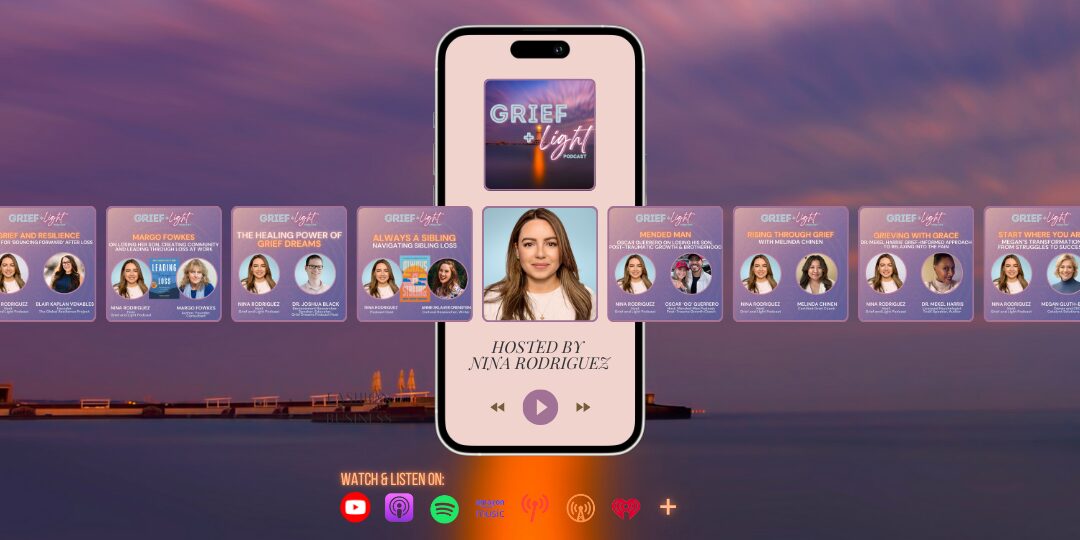
How can folks who want to work with you connect?
Yes, I’m always open to partnering and collaborating with individuals and organizations who share a deep commitment to supporting others through their grief and healing journeys. Collaboration is a powerful way to expand the reach and impact of the work we do, and I’m particularly interested in connecting with those who bring unique perspectives or complementary skills to the circle.
I’m especially interested in collaborating with:
+ Event space providers and service facilitators located in or near Miami, as I’m looking to host in-person grief retreats and workshops. I’m interested in connecting with those who offer event spaces, catering, or wellness services that would help create a nurturing environment for healing in these intimate, in-person gatherings.
+ Mental health professionals who are passionate about integrating holistic and spiritual approaches into grief support. Together, we can create programs and resources that offer a well-rounded approach to healing.
+ Artists and creatives who explore themes of grief, loss, and transformation in their work. I’d love to collaborate on projects that use art as a medium for healing and expression, whether through workshops, exhibitions, or multimedia content.
+ Spiritual coaches and healers who specialize in modalities like reiki, meditation, sound healing, etc. There’s incredible potential in merging these practices with grief support to offer a truly transformative experience.
+ Podcast guests and fellow podcasters who can contribute to deep, meaningful conversations on grief, resilience, and personal growth. I’m always looking to feature voices that bring fresh insights and diverse experiences to the “Grief and Light” podcast, as well as be a guest on other podcasts.
If you’re reading this and feel aligned with the work I’m doing, I’d love to hear from you. You can connect with me via my website (griefandlight.com) or through social media (@griefandlight), where I’m most active on Instagram.
I’d love to explore how we can join forces to support those who are navigating the complexities of grief and finding their way back to themselves.
Contact Info:
- Website: https://www.griefandlight.com/
- Instagram: https://www.instagram.com/griefandlight
- Facebook: https://www.facebook.com/griefandlight
- Youtube: https://www.youtube.com/@griefandlight
- Other: SPOTIFY: https://open.spotify.com/show/2FI3TSz9wPBYu8Eymdegaj
APPLE PODCASTS: https://podcasts.apple.com/us/podcast/grief-and-light-podcast/id1680003901
OTHER PLATFORMS: https://griefandlight.buzzsprout.com/
Threads: https://www.threads.net/@griefandlight
TikTok: https://www.tiktok.com/@griefandlight
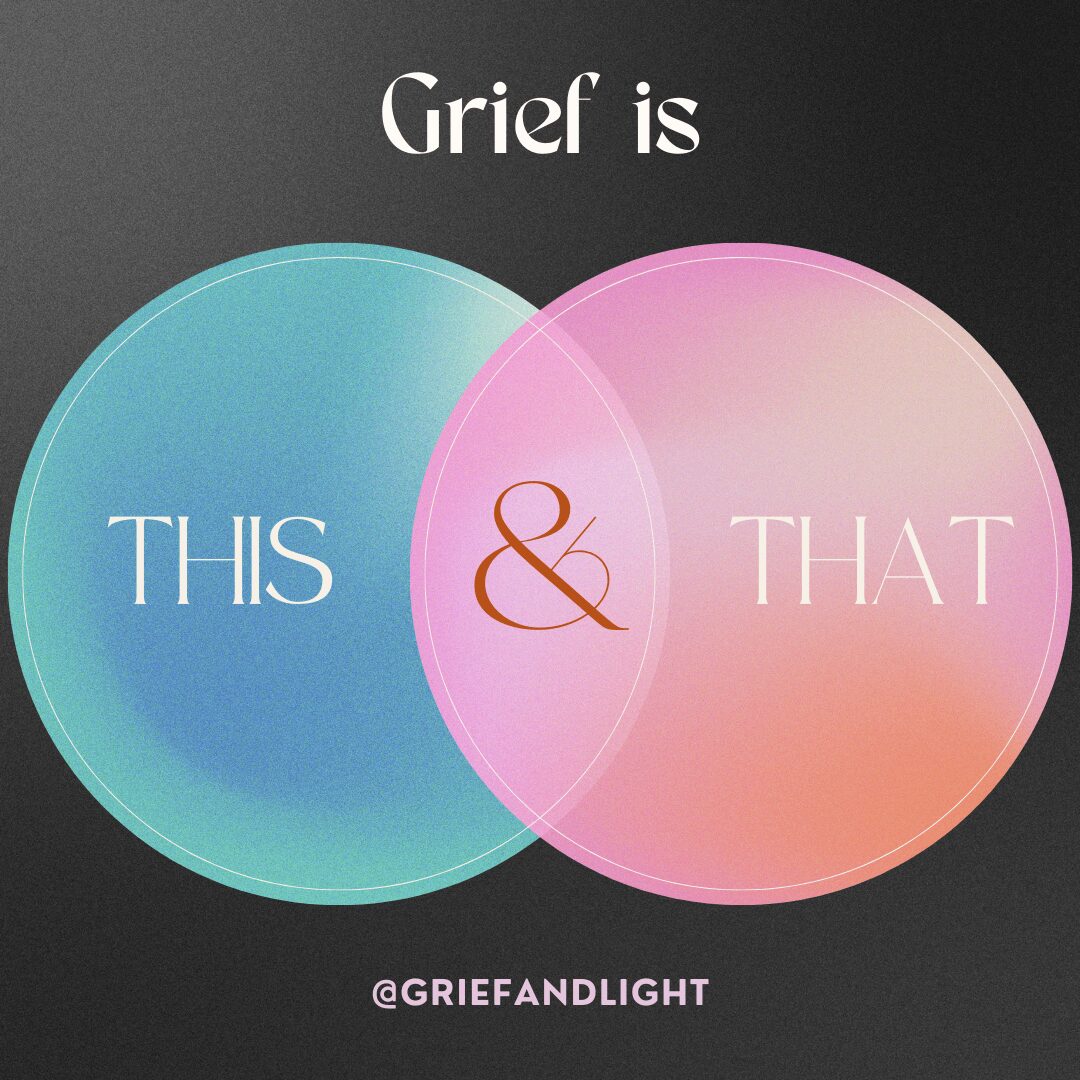

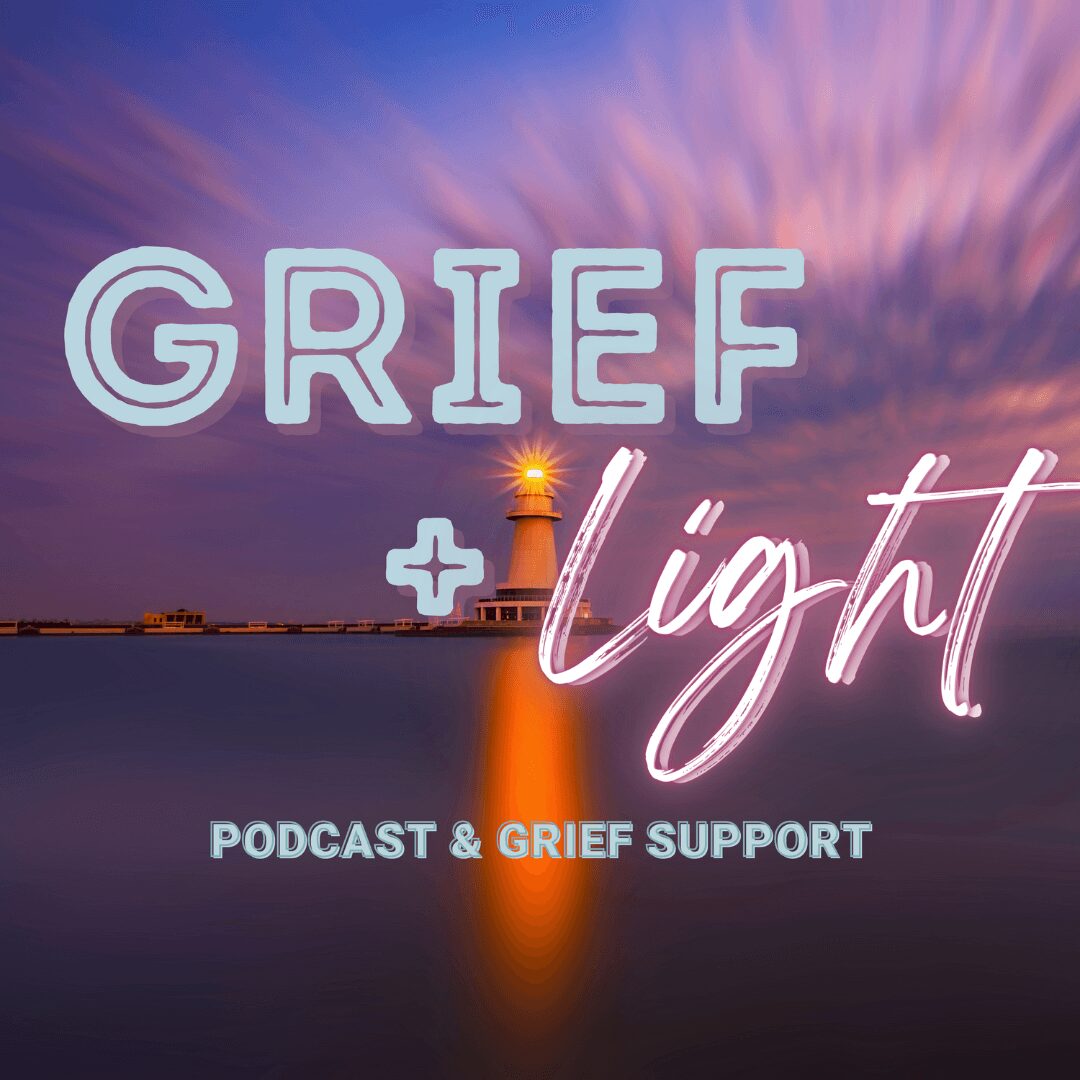
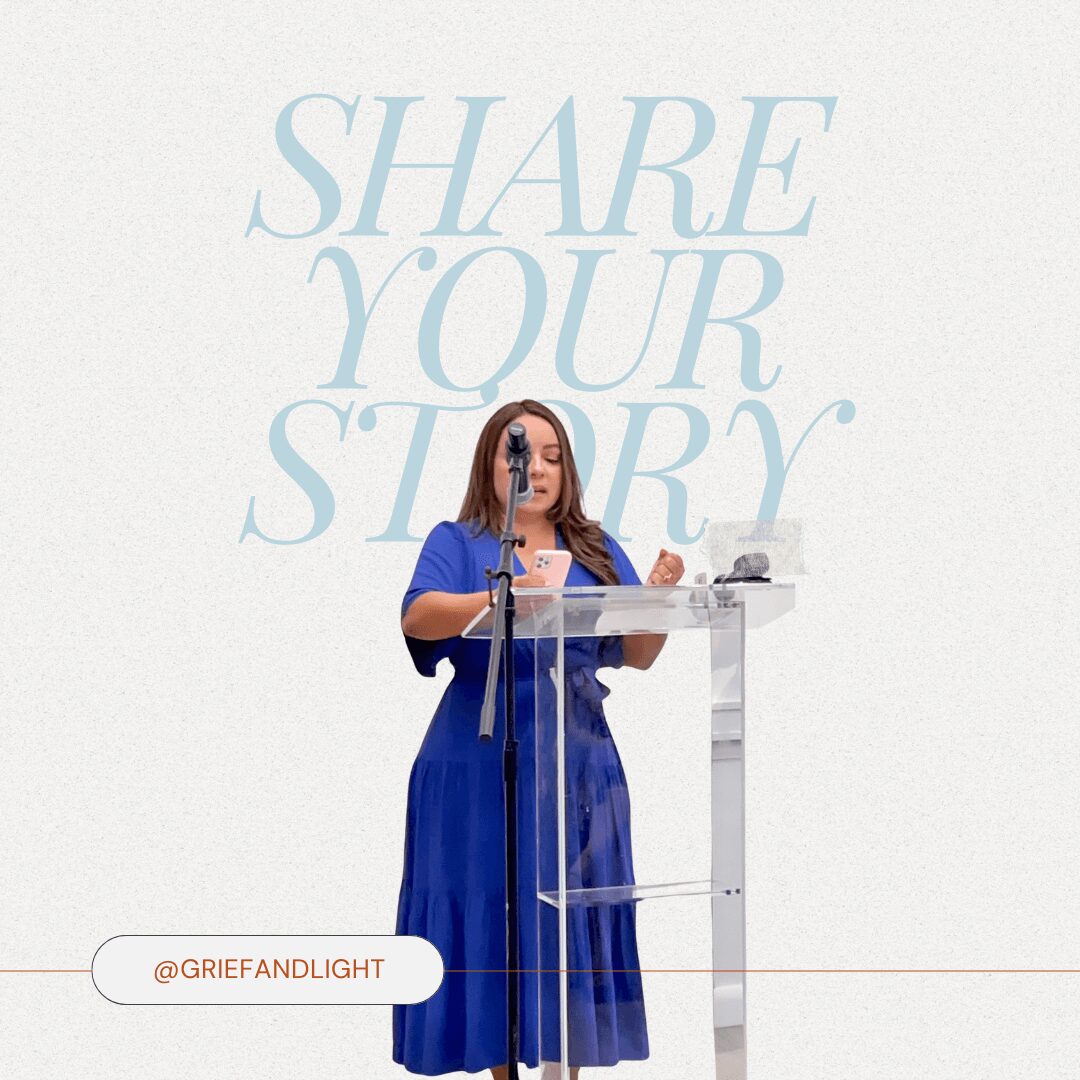
Image Credits
Headshot: Angie Keam
so if you or someone you know deserves recognition please let us know here.

